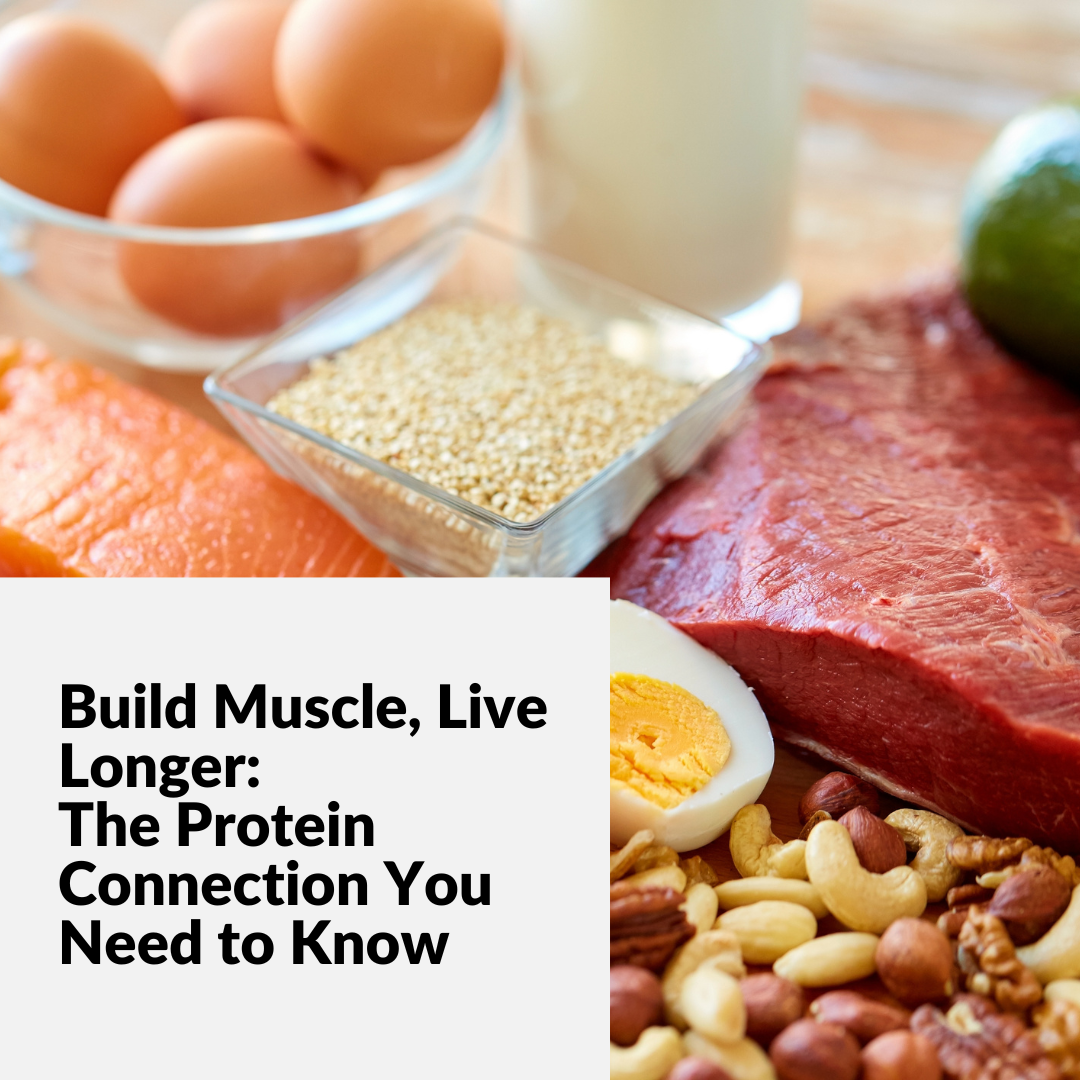
The Power of Protein: Why It’s Essential for Your Health and Fitness
Protein is one of the most talked-about nutrients in the world of health and fitness—and for good reason. It’s often dubbed the “building block of life,” which is pivotal in everything from muscle repair to hormone production. Whether you’re an athlete, a busy parent, or someone trying to improve your nutrition, understanding the importance of protein is vital to reaching your health goals.
What is Protein?
Protein is a macronutrient of amino acids, like tiny building blocks that our bodies use to create and repair tissues. There are 20 different amino acids, nine considered “essential,” meaning your body can’t produce them on its own—you have to get them from food.
Why Protein Matters
- Muscle Growth and Repair
When you exercise, especially during resistance training or intense cardio, tiny tears form in your muscles. Protein helps repair these tears, making your muscles stronger and more resilient. For those looking to build muscle or recover faster, adequate protein intake is non-negotiable. - Supports a Healthy Metabolism
Protein has a high thermic effect, meaning your body burns more calories digesting it than fats or carbs. Including enough protein in your diet can help boost your metabolism and support fat loss while preserving lean muscle mass. - Promotes Satiety and Reduces Cravings
Ever wonder why a high-protein meal keeps you full longer? Protein takes longer to digest, helping you feel satisfied and reducing the likelihood of reaching for a sugary snack later in the day. - Hormone and Enzyme Production
Protein is critical for creating enzymes that facilitate chemical reactions in the body and hormones that regulate functions like mood, sleep, and metabolism. - Immune System Support
Many of the antibodies your body uses to fight off illness are made of protein. Without enough protein, your immune system can become compromised.
How Much Protein Do You Need?
Protein needs vary based on age, activity level, and goals. A general rule is to be in the range of 0.7-1.2 grams per LB of body weight.
Are you curious about your protein needs? We will assess this for free. Complete a 3-day food log on MacrosFirst, Cronometer, or MyFitnessPal (all free apps). Once completed, send us an email at [email protected] with the subject line “Protein. ” We will then follow up to get access to your logs and help you set a goal for how much protein to eat each day.
Leave a Comment
You must be logged in to post a comment.
0 Comments